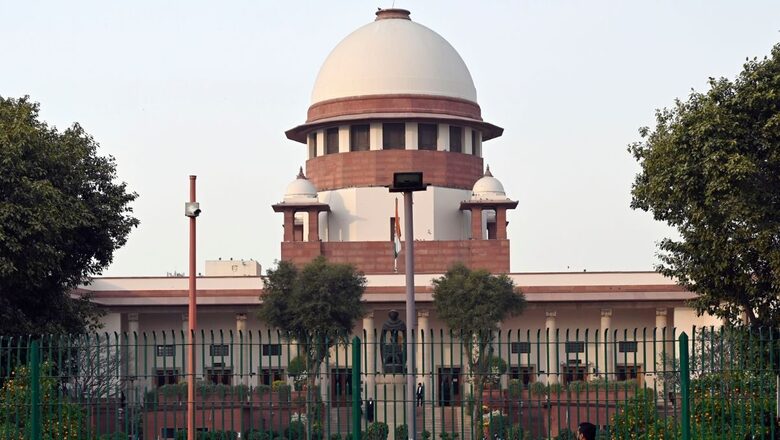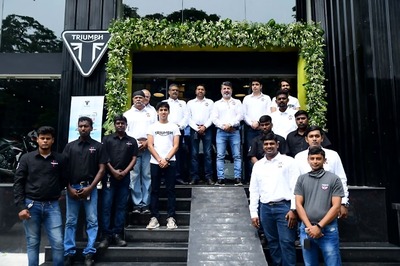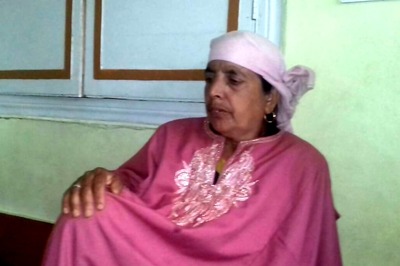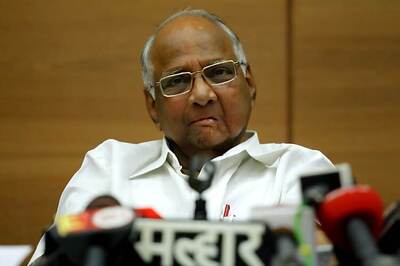
views
The Supreme Court recently quashed a rape case lodged against a man after noting that the complainant has apparently resolved differences with the accused.
A bench of Justices B R Gavai and Sandeep Mehta set aside October 11, 2022 order by the Uttarakhand High Court, saying the continuation of criminal proceedings would not be in the interest of justice as both had “decided to lead their lives peacefully”.
The appellant man was in a relationship with the complainant and the couple decided to reside together against the wishes of her parents.
The father of the complainant filed a Habeas Corpus petition before the High Court, alleging that his daughter was illegally detained by the man and sought a direction for production of his daughter.
In the High Court’s proceedings, the complainant categorically stated she was a 20-year-old and the man was her husband with whom she was willfully residing.
The appellant and complainant resided together for a considerable time. However, there was a discord between them and after that they started residing separately. She filed a First Information Report (FIR) in 2019 before the Police Station Bhagwanpur, Haridwar district for offences punishable under Section 376 (punishment for sexual assault), 377 (unnatural offences) and 506 (punishment for criminal intimidation) of the Indian Penal Code (IPC).
Upon perusal of the impugned order by High Court, the bench said it would clearly reveal that the complainant had stated that she was forced to solemnise the marriage against her wishes with the appellant herein.
“It is, thus, clear from her own statement that she was forced to marry the appellant. As such, the relationship between the appellant and the complainant was after the said marriage. It could thus be seen that even if the statement made by the complainant is taken on its face value, the ingredients to constitute the offence under Section 376 IPC are not made out,” the bench said.
The court also took on record an affidavit filed by the complainant before it on January 16, 2023, which made it clear that even the complainant herself does not want to proceed further with the proceedings.
She has stated in her affidavit filed before this court that they have mutually obtained a divorce and it was finalised by Talaq-E-Khula on September 7, 2022.
“We find that the continuation of proceedings in these circumstances would be prejudicial even to the interest of the complainant and she would be forced to continue with the case, which she does not want. It appears that both the appellant and the complainant have resolved their disputes and decided to lead their lives peacefully,” the bench said, allowing the appeal.




















Comments
0 comment